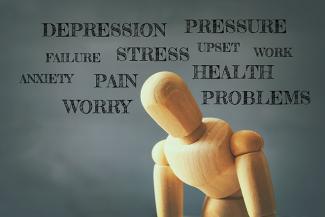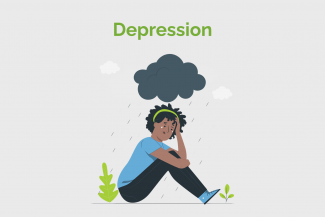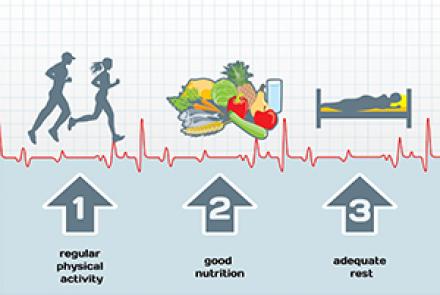It is a serious medical illness that affects one’s thoughts, feelings, behaviour, mood and physical health. It may be a lifelong condition in which periods of wellness alternate with recurrences of illness. Depression is the leading cause of disability worldwide with more than 350 million sufferers, according to the World Health Organisation. The number is growing in all age groups in every community, and with many young people falling prey to depression.

These are some common symptoms:
- Persistent sadness or low mood
- Marked loss of interest in normal activities
- Disturbed sleep
- Change in appetite
- Tiredness or loss of energy
- Slowing of movements
- Poor concentration
- Feeling of worthlessness
- Recurrent thoughts of death
Related reading: 5 Overlooked Signs of Depression
Changed
06/Aug/2019
Community
Condition

















